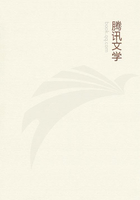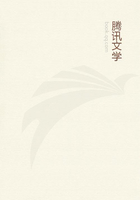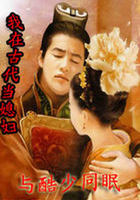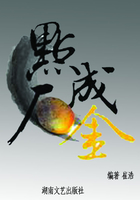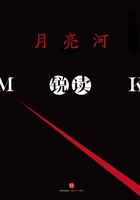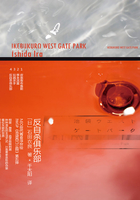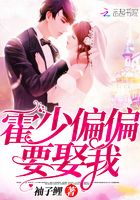(From STRATH NAVER)
We have had a drought for three weeks. During a whole week this northern strath has been as sunny as the Riviera is expected to be.
The streams can be crossed dry-shod, kelts are plunging in the pools, but even kelts will not look at a fly. Now, by way of a pleasant change, an icy north wind is blowing, with gusts of snow, not snow enough to swell the loch that feeds the river, but just enough snow (as the tourist said of the water in the River Styx)"to swear by," or at! The Field announces that a duke, who rents three rods on a neighbouring river, has not yet caught one salmon.
The acrimoniously democratic mind may take comfort in that intelligence, but, if the weather will not improve for a duke, it is not likely to change for a mere person of letters. Thus the devotee of the Muses is driven back, by stress of climate, upon literature, and as there is nothing in the lodge to read he is compelled to write.
Now certainly one would not lack material, if only one were capable of the art of fiction. The genesis of novels and stories is a topic little studied, but I am inclined to believe that, like the pearls in the mussels of the river, fiction is a beautiful disease of the brain. Something, an incident or an experience, or a reflection, gets imbedded, incrusted, in the properly constituted mind, and becomes the nucleus of a pearl of romance. Mr. Marion Crawford, in a recent work, describes his hero, who is a novelist, at work. This young gentleman, by a series of faults or misfortunes, has himself become a centre of harrowing emotion. Two young ladies, to each of whom he has been betrothed, are weeping out their eyes for him, or are kneeling to heaven with despairing cries, or are hardening their hearts to marry men for whom they "do not care a bawbee." The hero's aunt has committed a crime;everybody, in fact, is in despair, when an idea occurs to the hero.
Indifferent to the sorrows of his nearest and dearest, he sits down with his notion and writes a novel--writes like a person possessed.
He has the proper kind of brain, the nucleus has been dropped into it, the pearl begins to grow, and to assume prismatic hues. So he is happy, and even the frozen-out angler might be happy if he could write a novel in the absence of salmon. Unluckily, my brain is not capable of this aesthetic malady, and to save my life, or to "milk a fine warm cow rain," as the Zulus say, I could not write a novel, or even a short story. About The Short Story, as they call it, with capital letters, our critical American cousins have much to say. Its germ, one fancies, is usually an incident, or a mere anecdote, according to the nature of the author's brain; this germ becomes either the pearl of a brief conte, or the seed of a stately tree, in three volumes. An author of experience soon finds out how he should treat his material. One writer informs me that, given the idea, the germinal idea, it is as easy for him to make a novel out of it as a tale--as easy, and much more satisfactory and remunerative. Others, like M. Guy de Maupassant, for example, seem to find their strength in brevity, in cutting down, not in amplifying; in selecting and reducing, not in allowing other ideas to group themselves round the first, other characters to assemble about those who are essential. That seems to be really the whole philosophy of this matter, concerning which so many words are expended. The growth of the germinal idea depends on the nature of an author's talent--he may excel in expansion, or in reduction; he may be economical, and out of an anecdote may spin the whole cocoon of a romance; or he may be extravagant, and give a capable idea away in the briefest form possible.
These ideas may come to a man in many ways, as we said, from a dream, from a fragmentary experience (as most experiences in life are fragmentary), from a hint in a newspaper, from a tale told in conversation. Not long ago, for example, I heard an anecdote out of which M. Guy de Maupassant could have made the most ghastly, the most squalid, and the most supernaturally moving of all his contes.
Indeed, that is not saying much, as he did not excel in the supernatural. Were it written in French, it might lie in my lady's chamber, and, as times go, nobody would be shocked. But, by our curious British conventions, this tale cannot be told in an English book or magazine. It was not, in its tendency, immoral; those terrible tales never are. The events were rather calculated to frighten the hearer into the paths of virtue. When Mr. Richard Cameron, the founder of the Cameronians, and the godfather of the Cameronian Regiment, was sent to his parish, he was bidden by Mr.
Peden to "put hell-fire to the tails" of his congregation. This vigorous expression was well fitted to describe the conte which Ihave in my mind (I rather wish I had it not), and which is not to be narrated here, nor in English.
For a combination of pity and terror, it seemed to me unmatched in the works of the modern fancy, or in the horrors of modern experience; whether in experience or in imagination it had its original source. But even the English authors, who plume themselves on their audacity, or their realism, or their contempt for "the young person," would not venture this little romance, much less, then, is a timidly uncorrect pen-man likely to tempt Mr.
Mudie with the conte. It is one of two tales, both told as true, which one would like to be able to narrate in the language of Moliere. The other is also very good, and has a wonderful scene with a corpse and a chapelle ardente, and a young lady; it is historical, and of the last generation but one.
Even our frozen strath here has its modern legend, which may be told in English, and out of which, I am sure, a novelist could make a good short story, or a pleasant opening chapter of a romance.

